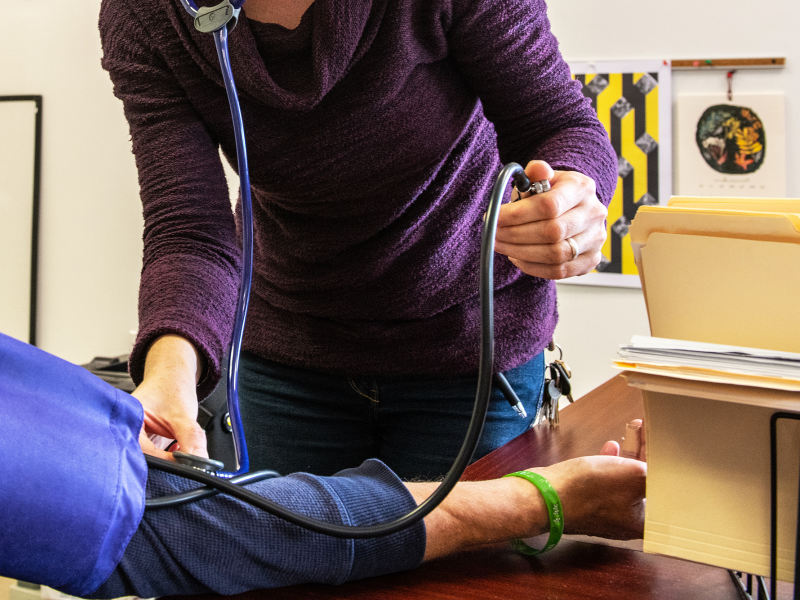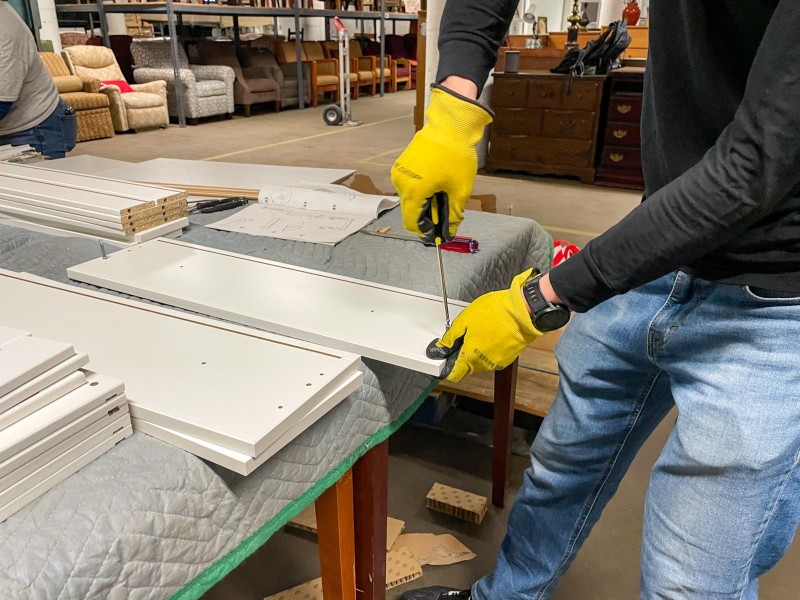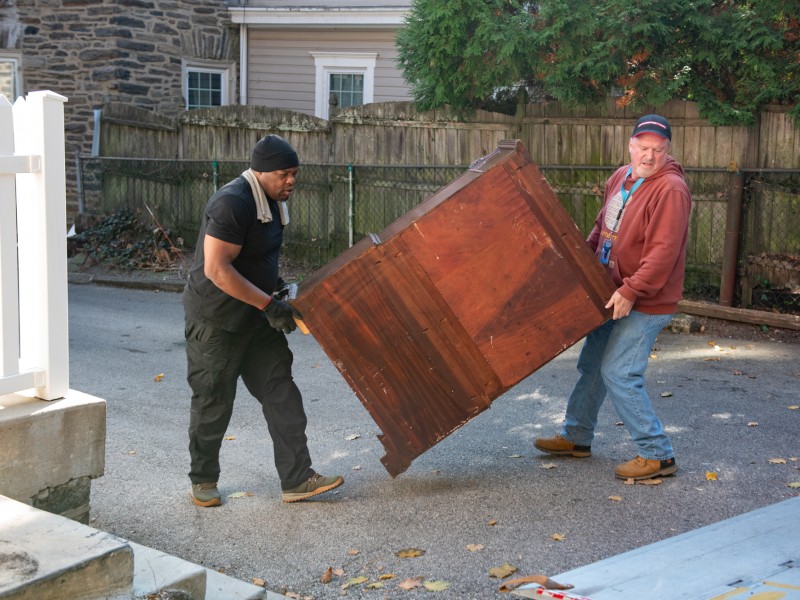Tough Transitions: Why Housing is Hard
Transitioning into housing is not an easy thing. It’s strange that it should be that way-it seems so simple: take a person without a home, and give them a home. Problem solved. But the reality is that human beings are creatures of process, and when our participants get into housing for the first time, things can be pretty tough for them.
Lee Rase is a formerly homeless veteran who started working with Pathways to Housing PA in the fall of 2013. At that point, he had spent 43 years living on and off the streets, and his first year in housing was difficult. “After a while on the streets, you get quite used to it,” he explains. “You can prefer it.”
In some ways, the transition is like any major move: you’re changing your location, leaving behind the familiar, and adjusting to a new space. However, participants moving into housing for the first time in years are also dealing with a major perspective change. If you’re on the street and you see a mouse, you ignore it. If you wake up in the morning and see a mouse in your kitchen, you recognize that you could have a huge infestation and you call an exterminator immediately. This kind of thinking is really new to a lot of our participants. It can feel like a huge burden and responsibility, and it can take a long time for them to develop the instincts to anticipate problems.
Part of helping someone to transition into housing is reminding them that their basic needs are met, and they are safe and free to work on ensuring their future stability. Lee articulated the struggle this way: “Once you get your place, you have to be proactive to keep it. You have to pay your rent.” After years of living off spare change, many of our participants want to spend their money as soon as they get it. It can be hard to weigh the value of keeping their apartment against purchasing something immediately.
Another difficult change is reestablishing routines: Where should you purchase groceries, which coffee shops make the best coffee, and where can you grab a roll of toilet paper in a pinch? Our participants are not only learning new routines, they’re learning whole new systems. Lee remembers traveling downtown after he was housed, and going back to the same soup kitchens he utilized while homeless. “I wanted to get my own place, anywhere,” he says, “But your head is still full of what happened to you. It’s really tough-it’s something you can’t really relate to unless you’ve been through it.” Even exciting things, like getting to grocery shop for your new home, and deciding what shaving cream you want to buy can feel overwhelming after years of not needing to make those decisions.
The good news is that the transition doesn’t last forever. In fact, Pathways to Housing PA maintains an 89% housing retention rate after meaning that 89% of our participants remain in a home after Lee is now in his third year with Pathways to Housing PA, and he’s started realizing how much he’s changed since that first year. “I’m thinking more positively now. I’m not out of the woods-really I’m not, but I’ve noticed I’m talking more upbeat, and I’m willing to learn better ways of doing things.” These days, he doesn’t need to go downtown to find food. And besides, he doesn’t have time! He’s busy painting, cooking in his apartment, and listening to Stevie Wonder with his cat, Bella.
Like most transitions, the key to settling into housing is to take it one day at a time. “Keep in mind that your mind will play tricks on you,” Lee advises new tenants. “You have to learn another mindset.” But one day, like Lee, many of our participants reach a point where housing is normal to them, and they can start to work towards their next goal in becoming the people they want to be.
About the Author
Rebecca DeWhitt has been working at Pathways to Housing PA since 2013. She loves getting to hear participant and staff stories. On her free time, she enjoys traveling, doing coffee tourism, and spending time with her 7 month old, Theodore, pictured below.


